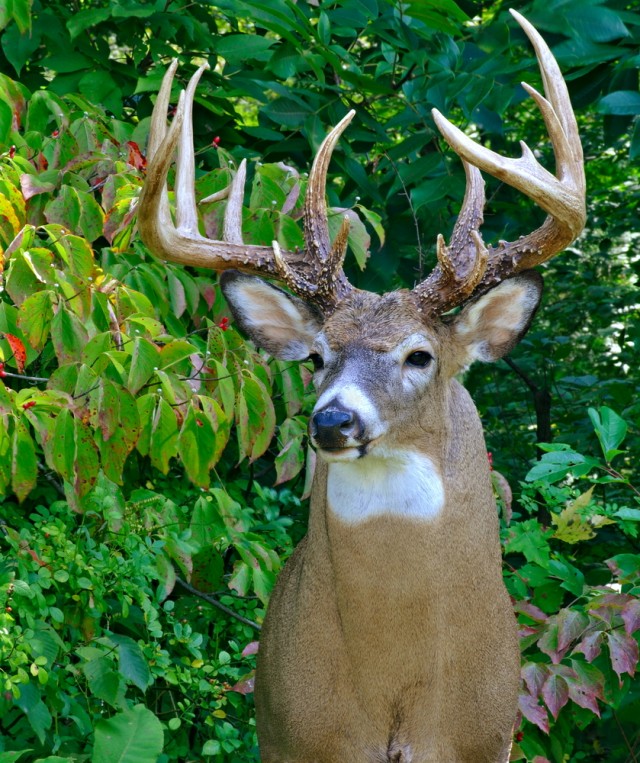When we hear the term "buck," we often think of it as slang for a dollar. But where did this term come from? Let's explore the history of "buck" as a slang term for money.
The Early Days

The term "buck" has been used in some form or another for centuries. It originally referred to a male deer, which was a valuable animal for hunting and trading. In fact, the word "buck" was commonly used to refer to various types of male animals, such as horses and goats.
It's unclear when "buck" first started being used to refer to money, but it likely happened in the 1800s. At the time, one dollar was often represented by a silver coin that had a buck, or male deer, on it. This coin was known as a "buck," and it's possible that people started using the term to refer to money in general.
The Wild West
The term "buck" gained popularity in the late 1800s and early 1900s during the Wild West era. Cowboys and other Westerners commonly used the term to refer to money, and it became a part of the Western slang vocabulary.
During this time, "buck" was also used in other contexts. For example, if someone was "bucking" a bronco, it meant they were trying to ride it. And if someone was "bucking the tiger," it meant they were gambling.
Modern Usage
Today, "buck" is still commonly used as a slang term for a dollar. It's often used in casual conversation and in popular culture, such as in song lyrics and movies.
It's worth noting that "buck" can also be used to refer to larger amounts of money. For example, someone might say they spent "big bucks" on a car or a vacation.
In Conclusion
The exact origins of "buck" as a slang term for money are uncertain, but it likely started in the 1800s. The term gained popularity during the Wild West era and is still commonly used today. Whether you're spending a few bucks or a lot of bucks, the term remains a popular way to refer to money.